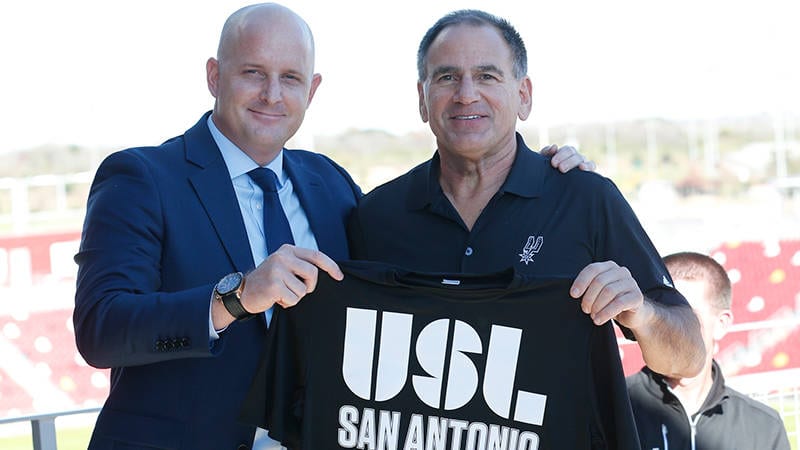by Joey Harvey – April 2016 HOW THE SPURS’ VALUES SHAPED MY CAREER LIFE Spurs Sports & Entertainment operates its business on a daily basis under the umbrella of three primary values: integrity, success, and caring. The aim is to make every decision while upholding each value. These three values have led to growth not only…Continue Reading How a Team’s Values Can Shape Lives
How a Team’s Values Can Shape Lives





